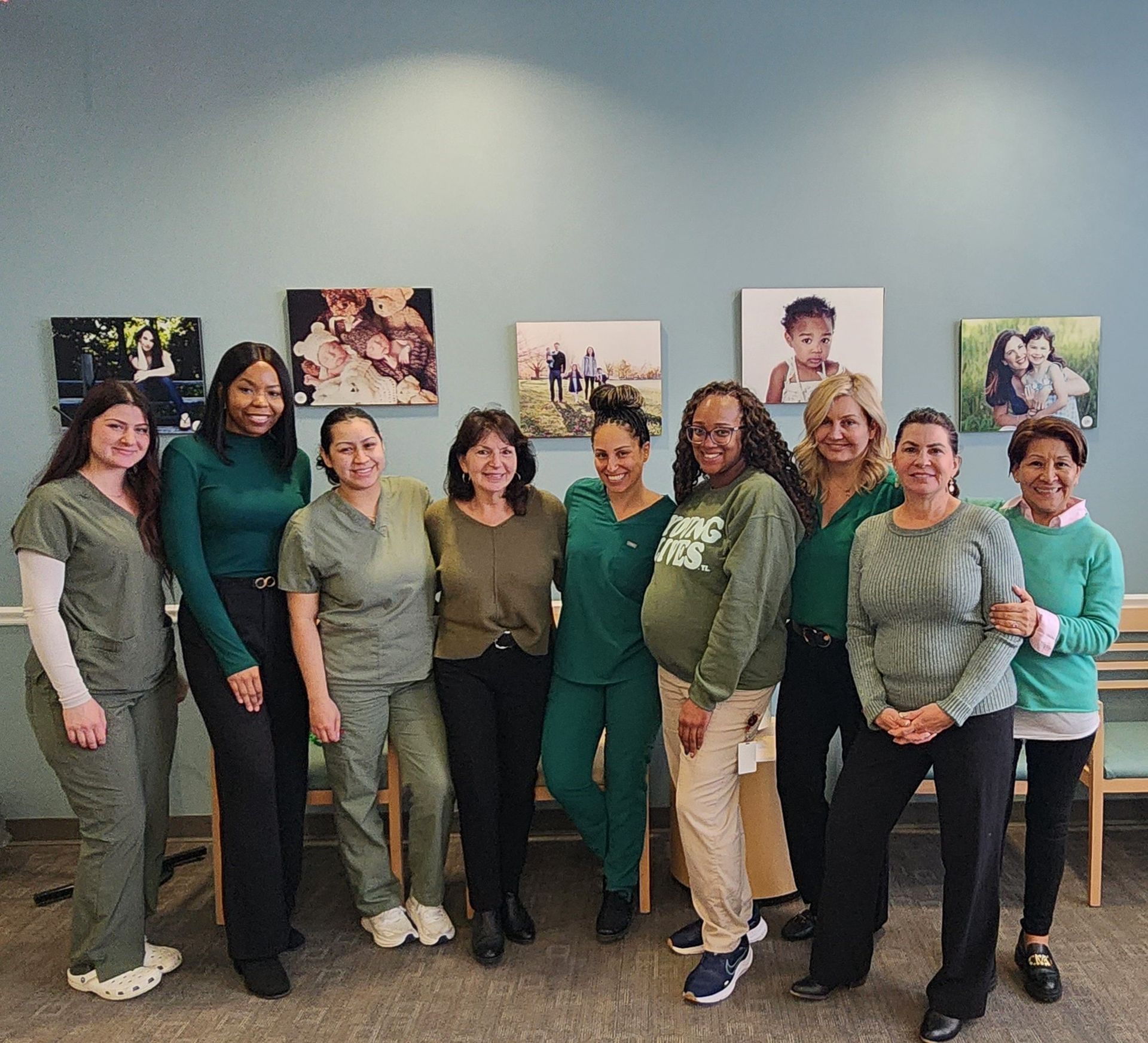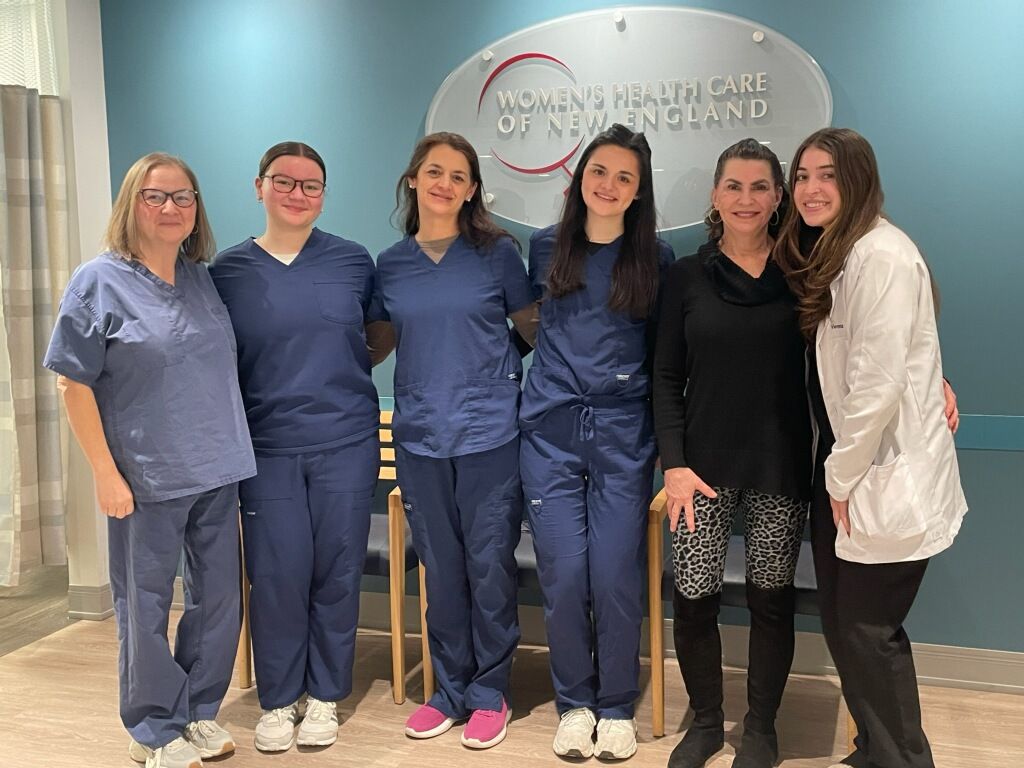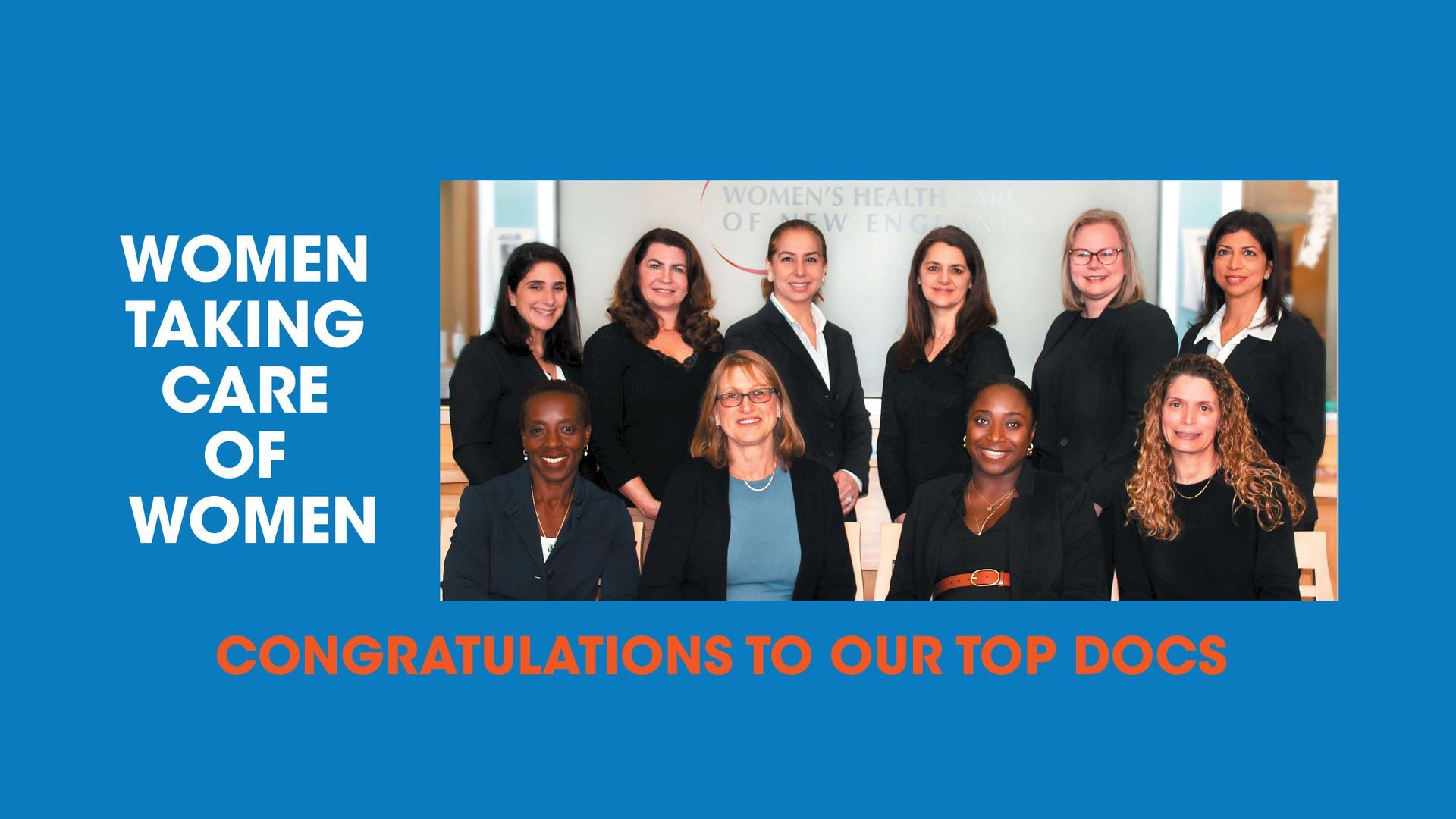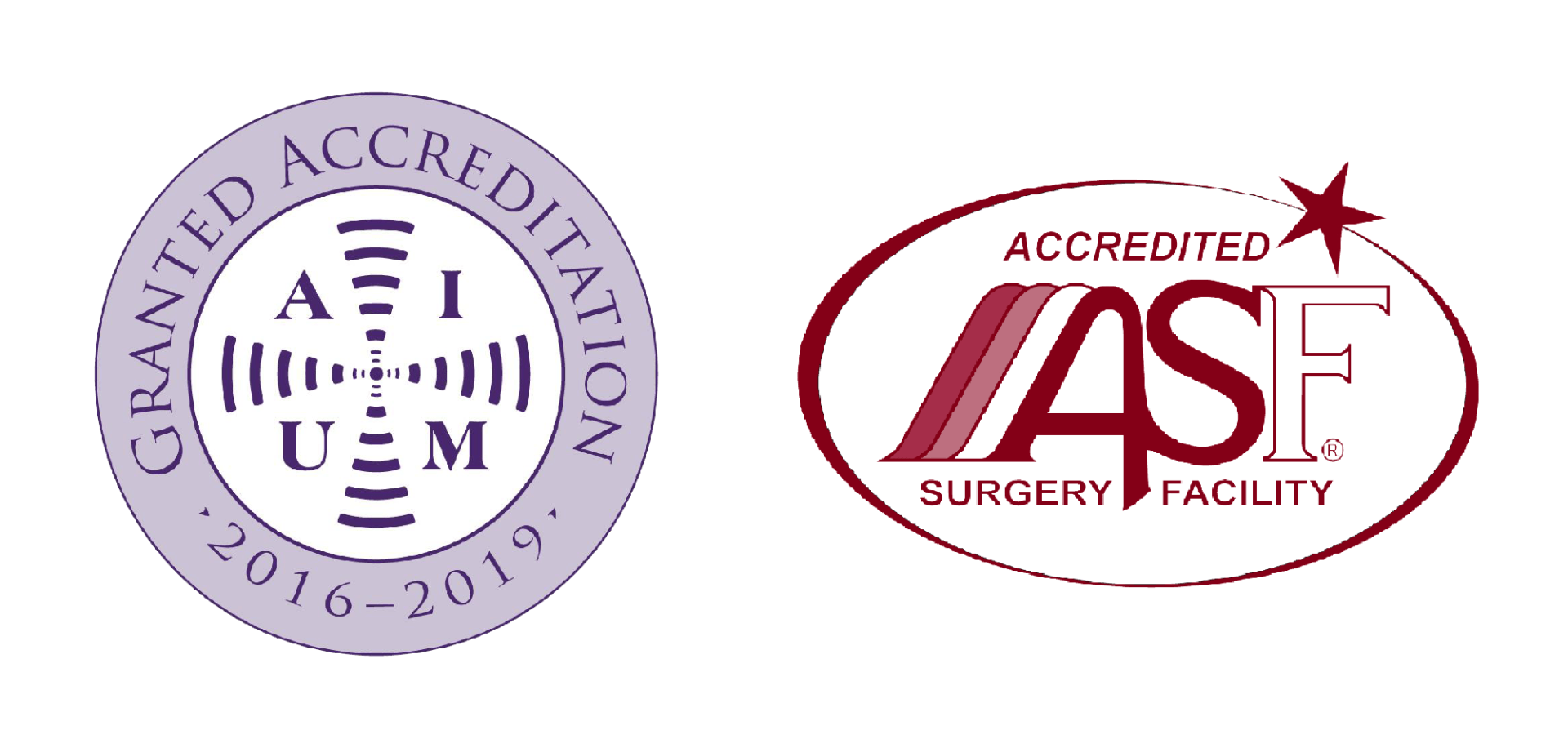Your Daughter's First Exam
Jay Ugol, MD • January 1, 2020
When do I bring in my daughter for her first GYN exam?
I often receive this question from my adult patients.
The old adage was to come in for the first GYN visit (which really meant exam) at age 18 “or sooner if they are sexually active." The American College of Obstetrics and Gynecology now recommends the first GYN visit take place between ages 13 and 15 - whether that includes an exam or not is a different issue.
As noted by the American Academy of Pediatrics, (Pediatrics, 2013) sexual activity is, and has long been rare among those 12 and younger. By contrast, older teens (aged 17-19) are sexually active; however, approximately 30% of those aged 15-16, have had sex.
We at Women's Health Care of New England encourage you to bring in your daughter/s for a "consult appointment". The focus of the appointment would be heavy or irregular menses or cramps, as well as STD prevention and birth control. We might ask your permission to talk with your daughter a few minutes alone, so that we might ask and answer any questions openly. We will inform her that this information is confidential and will not be shared with the parent unless she consents.
We encourage you to contact our office for this most important initial visit.
Jay Ugol, MD

We are pleased to let you know that two of our APRNs — Laury Berkwitt and Catherine Levins— have taken a keen interest in offering hormone replacement management. If you are experiencing symptoms of menopause or hormone changes, they are available to evaluate your needs and, if appropriate, prescribe hormone therapy (HRT) tailored to your care plan.

Happy St. Patrick’s Day from the WHCNE family! Wishing you a joyful and festive St. Patrick’s Day! At Women’s Health Care of New England, we celebrate the spirit of community and care. Our dedicated team is here to support you with quality, compassionate healthcare. Enjoy the day in good health and happiness!









